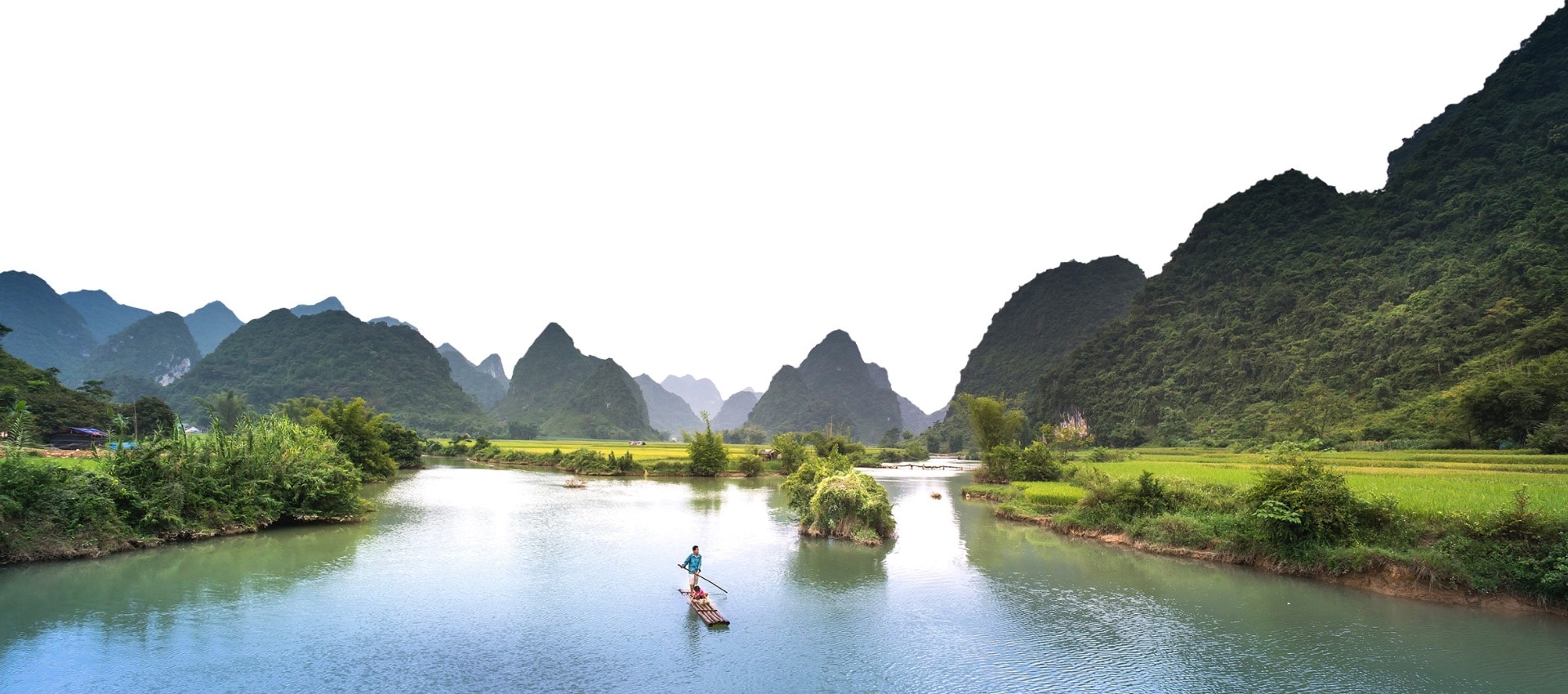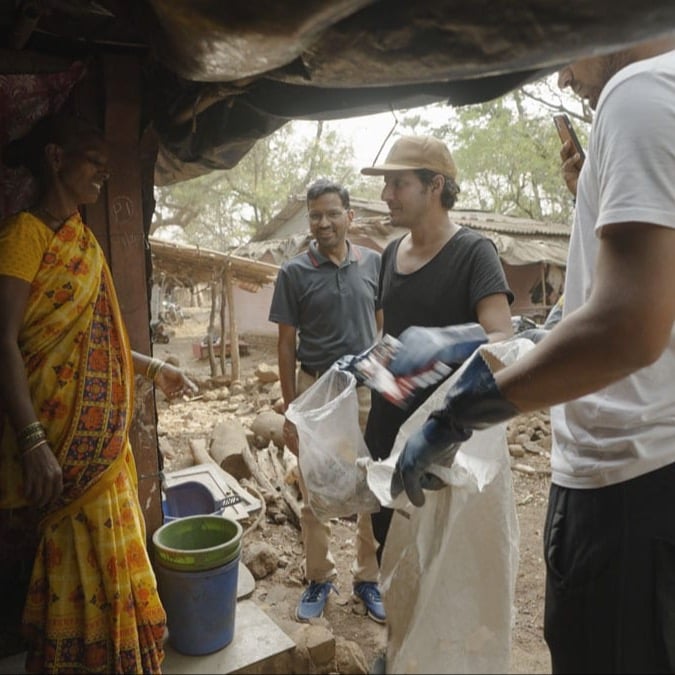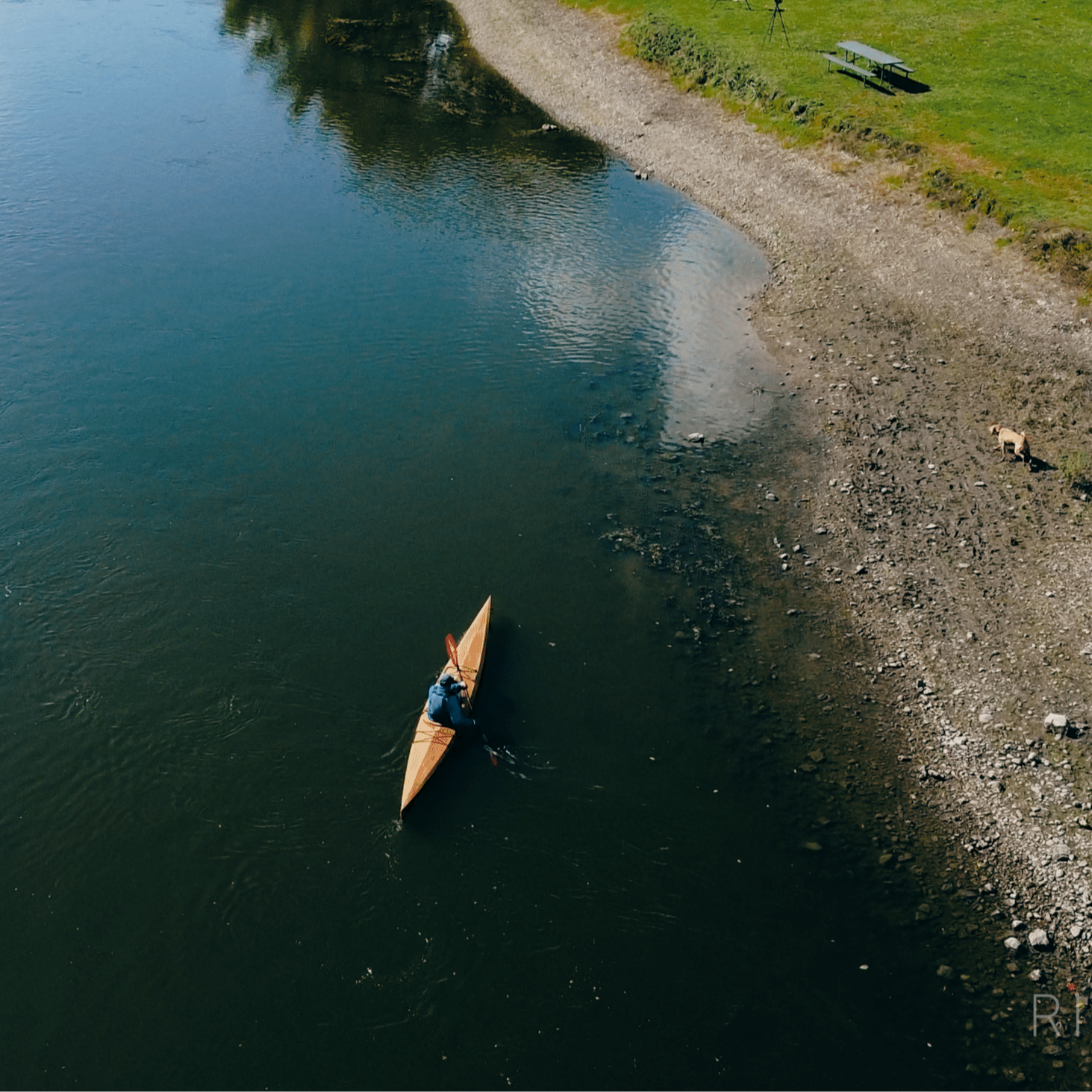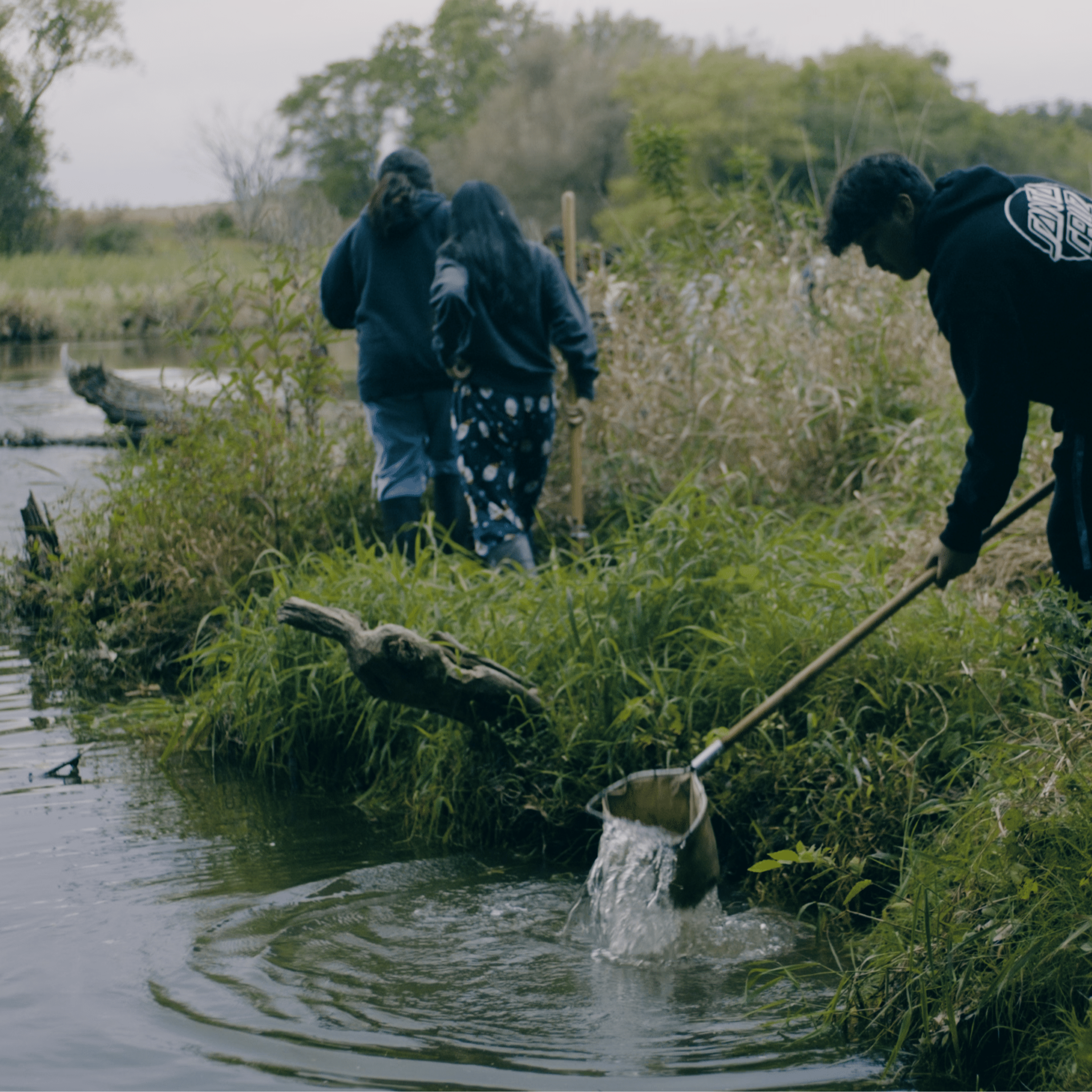WHY RIVERS?
Nearly 90% of the earth’s population lives within walking distance of a river system. Even so, these life-providing rivers are on the verge of collapse. Our focus on river health and conservation efforts help improve community and environmental health by removing pollutants from the very sources that feed into our oceans.
Life-Giving Rivers
As sources for food, water, power, transportation, sanitation, recreation and more, rivers provide rich and diverse ecosystems that serve as a backbone of human societies across the globe..
As the unsung heroes of biodiversity, rivers house nearly 50% of all fish species and create the required ecosystem that allows plant life, aquatic birds, and small animal populations to flourish.
Rivers also support wetlands and marshes, which provide either homes or breeding grounds for an estimated 40% of the world’s species. Without rivers, all of the species that rely on marshlands for survival would be in jeopardy.
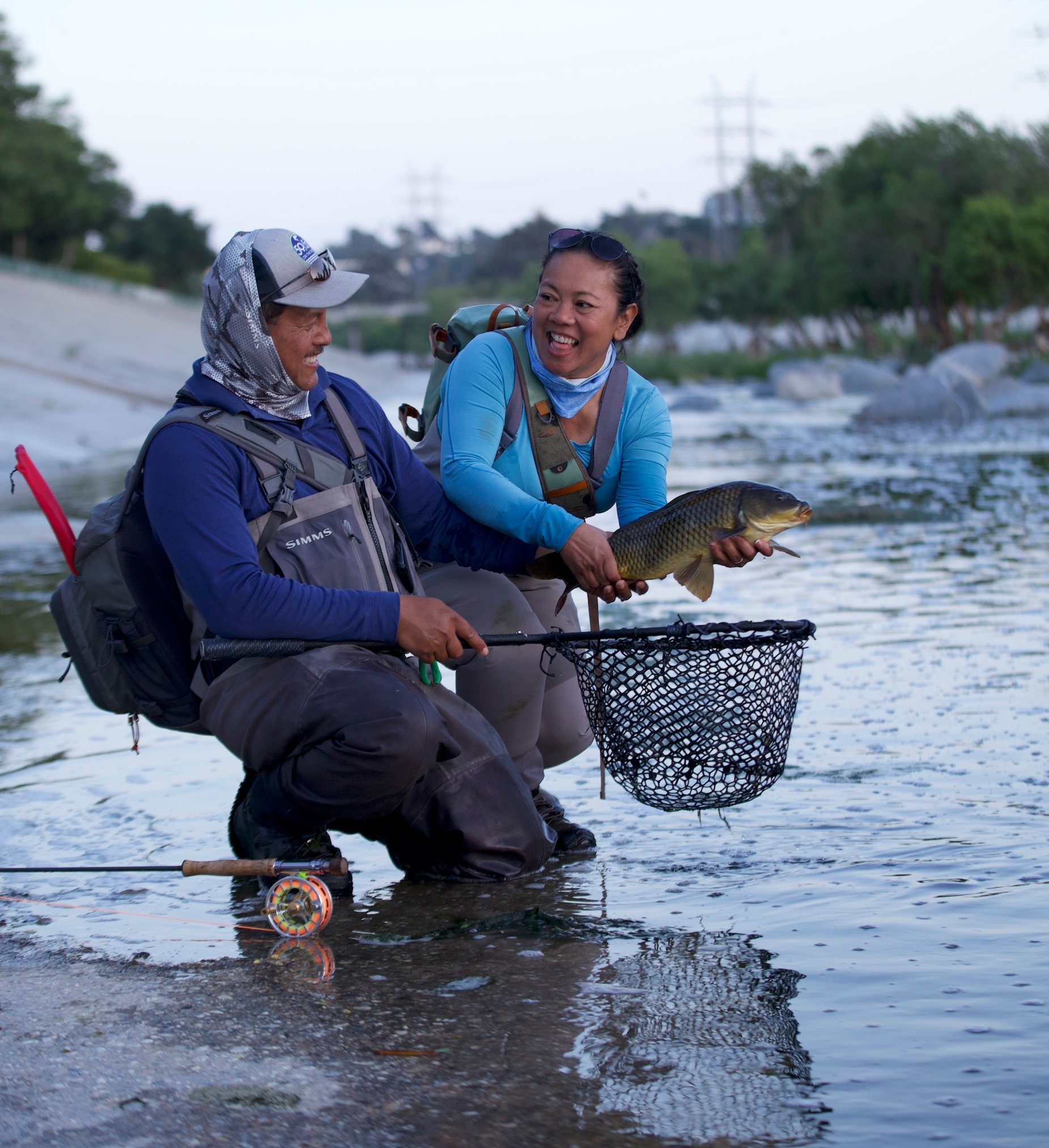
Content Hub
Ecological Importance
Join us as we explore river ecosystems and the wildlife in rivers.
Dive into the complexities of river ecosystems and their indispensable role in biodiversity. Click to learn more.
Content Hub
Economic Importance
Dive in with us to topics from rivers in agriculture and more. Rivers power our world, literally! Click to learn how hydroelectric power plants operate.
Content Hub
Recreational Importance
The fun side of rivers! Fishing in rivers all the way to river rafting. Craving some adventure? Discover the best spots for river rafting and essential tips. Click to plan your trip.
Content Hub
Cultural Importance
Unveil the stories and myths surrounding rivers and their cultural impact. Click to explore ancient narratives around rivers in mythology and rivers in literature.
Despite Their Life Giving Importance, Rivers Stand on the Brink of Collapse.
Through developed irrigation systems, rivers irrigate 62 percent of all irrigated land. This land accounts for 40 percent of global food production, meaning rivers directly support approximately a quarter of global food production.
Globally, nearly 12 million tons of freshwater fish are harvested per year in river fisheries. This provides the primary source of protein for at least 160 million people. River fisheries provide livelihoods for 60 million people, with 55 percent of those being women.
81%
of people consider rivers to be a vital part of the food system
50%
of known fish species swim within rivers
86%
of people agree that river pollution greatly affect human health

River systems are the most vital habitat on earth supporting both life and economies, but also dangerous highways of ocean waste. Pollution comes in many different forms, from garbage to industrial waste to bio-waste. Studies show that approximately 80% of the world’s wastewater is dumped right back into the environment before it can be fully treated. The waste winds up in our waterways, polluting rivers, lakes, and eventually oceans.
